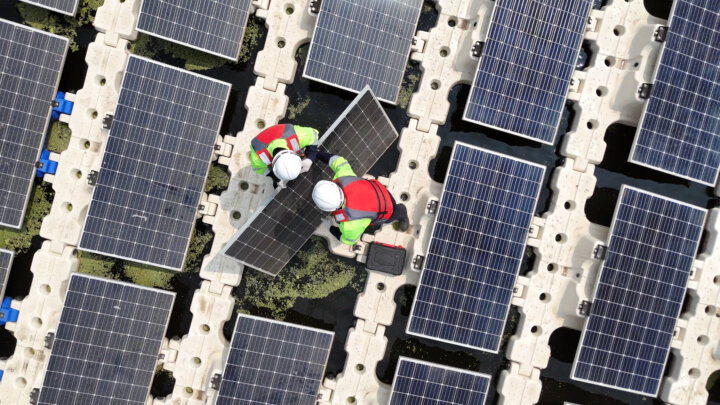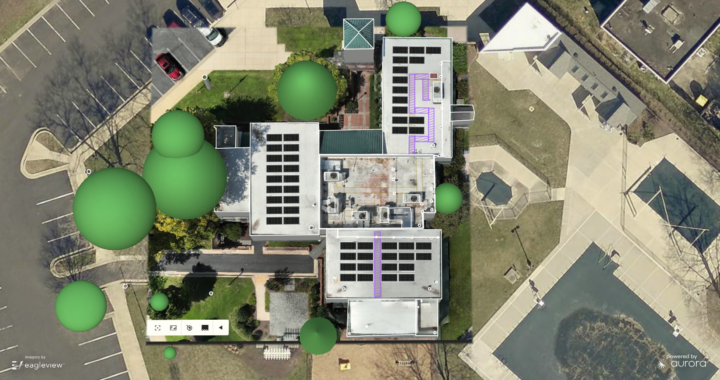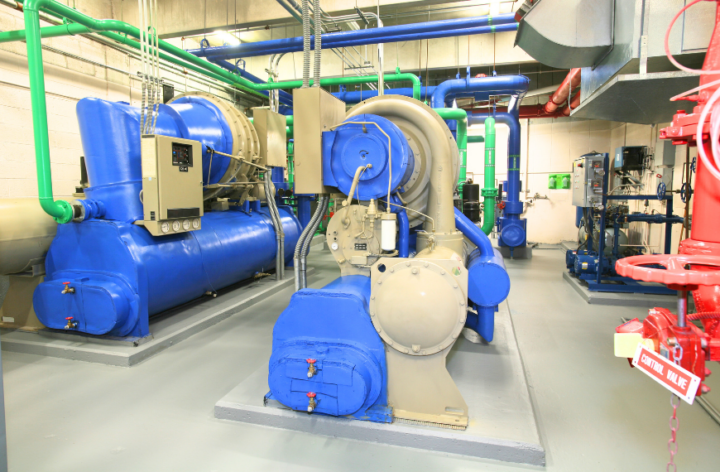Deregulation in the electricity market means moving from a single company controlling everything to many companies competing. In this new setup, companies can make electricity without owning the wires and poles that deliver it. This change creates competition, leading to more choices for consumers.
In a regulated market, one company handles everything from making to delivering electricity, and the government sets the prices to keep them fair.
The Start of Deregulation
Deregulation started in the 1970s. Big companies like Exxon, Shell Oil, and General Electric were in charge until the enactment of the Public Utilities Regulatory Policies Act (PURPA) came in 1978. PURPA let other companies make electricity too, which began to break up the big companies’ control. Then, the Energy Policy Act of 1992 made it even easier for companies to compete.
Key Points of PURPA:
- More Producers: PURPA let new companies make electricity.
- Fair Prices: Utilities had to buy electricity at fair prices from these new companies.
- Efficient Production: It encouraged smaller, more efficient electricity production.
Key Points of the 1992 Energy Policy Act:
- Tax Incentives: It gave tax breaks to save energy and use renewable energy like solar and wind.
- Better Efficiency: It aimed to use energy more wisely in buildings and industries.
- Renewable Energy: It supported using energy from the sun, wind, and plants.
- Alternative Fuels: It promoted using different kinds of fuels and cars that don’t just use gasoline.
- Nuclear Energy: It dealt with nuclear power safety and waste.
- Oil and Gas: It tried to reduce how much oil the U.S. buys from other countries.
- Competition: It allowed more competition in selling electricity.
As of 2024, there are approximately 1,600 electric utility companies in the United States, a substantial growth from the 1970s.
The Deregulation Debate
The impact of deregulation is a hotly contested topic, with arguments both for and against it. Proponents argue that deregulation accelerates innovation and efficiency, exemplified by the rapid deployment of solar farms contributing power to the grid. This would be very difficult to implement at a fast pace under the previous monopolies. On the flip side, critics point to instances where inadequate regulatory frameworks led to widespread blackouts and surging prices.









